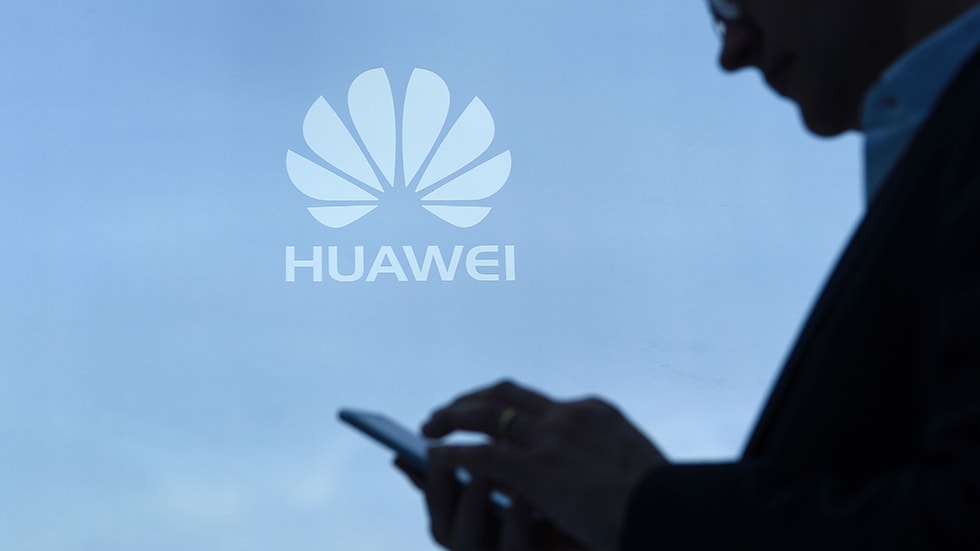
China-based network equipment maker Huawei filed a motion for summary judgement in ongoing litigation with the U.S. government in the U.S. District Court for the Eastern District of Texas challenging the constitutionality of Section 889 of the 2019 National Defense Authorization Act (NDAA) under which the Federal government is barred from buying Huawei equipment and services.
That litigation was initiated in March, but its underlying issue has sprung to the fore in recent weeks after President Trump signed an executive order granting the government authority to ban the purchase of communications technologies from companies that pose a risk to national security. Nearly simultaneous with that order, the Commerce Department added Huawei to the Bureau of Industry and Security’s Entity List. That designation prevents American companies from selling technology to Huawei without approval from the American government.
The motion for summary judgement, Huawei said, asserts that there are no facts at issue in the case, and that the case is purely a matter of law, thus justifying the request to the court to speed the process toward a decision.
Dr. Song Liupin, Huawei’s chief legal officer, pulled no punches in defending the company’s position on the broader U.S. theme that his company poses a security problem. “The U.S. government has provided no evidence to show that Huawei is a security threat,” he said. “There is no gun, no smoke. Only speculation,” he said.
He also said that the U.S. ban on Huawei “will do nothing to make networks more secure. They provide a false sense of security, and distract attention from the real challenges we face.”
